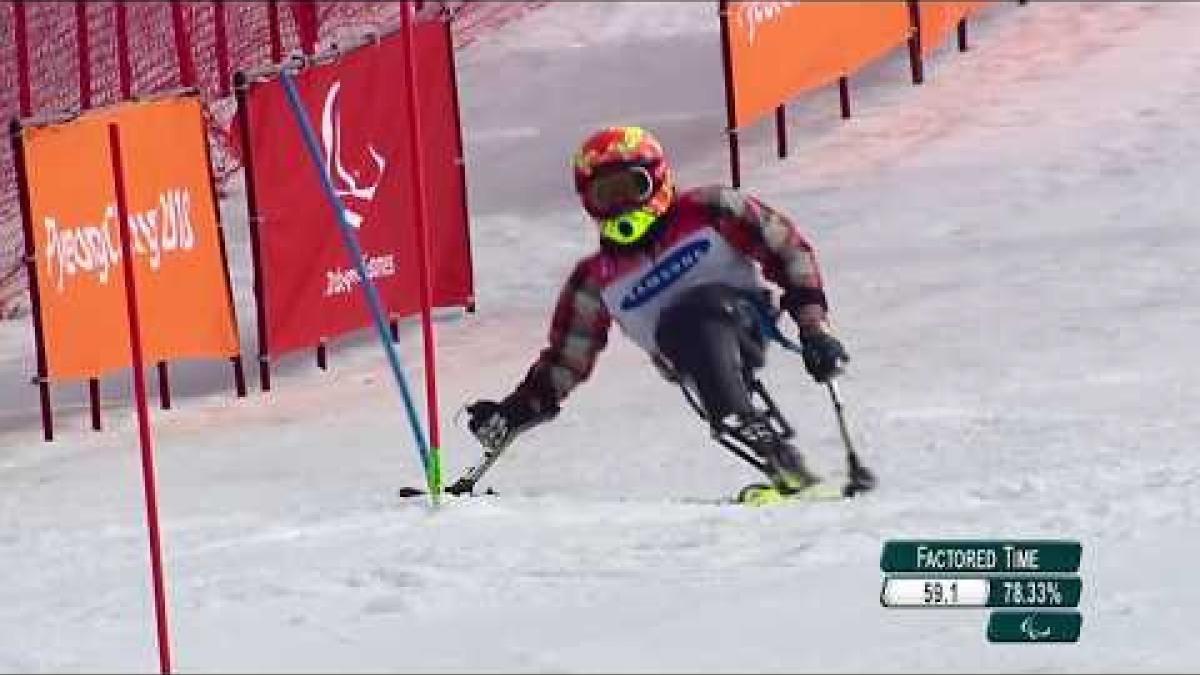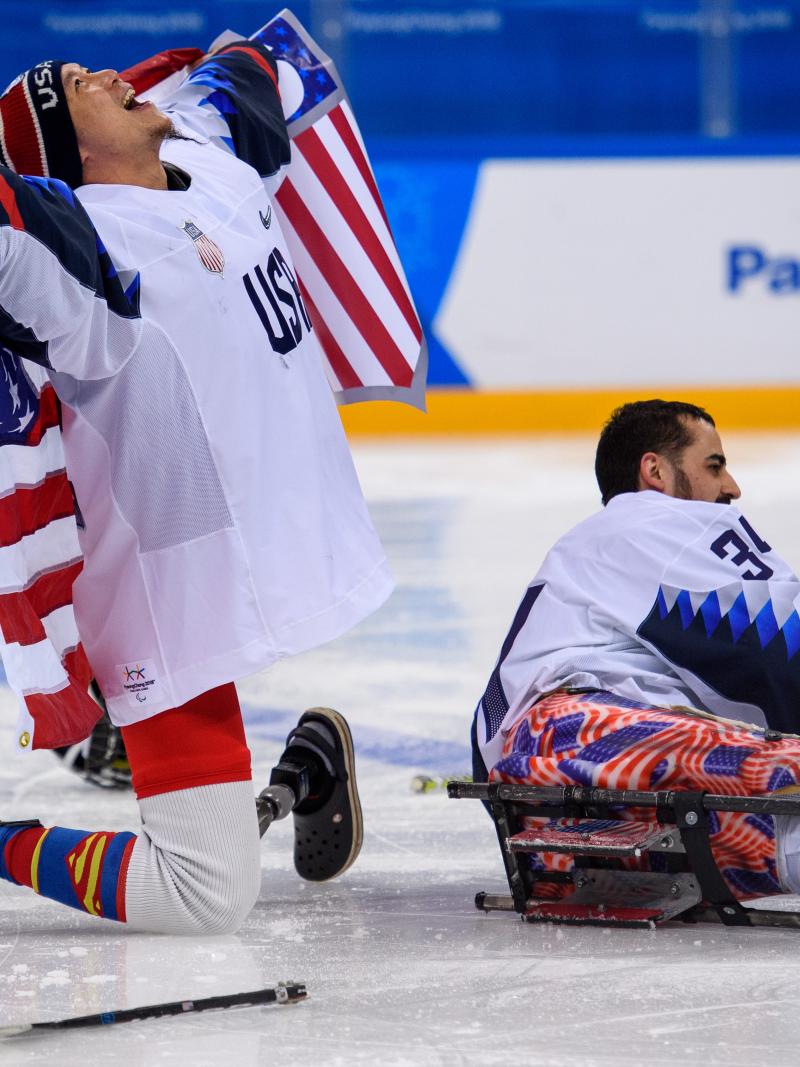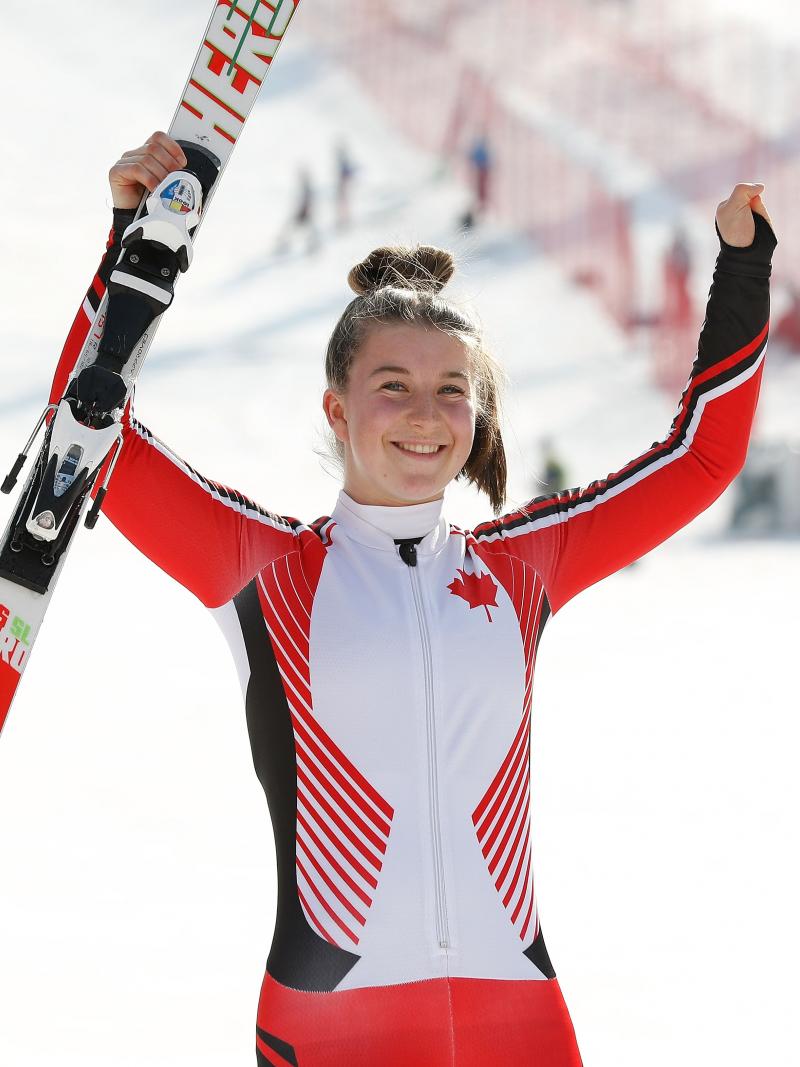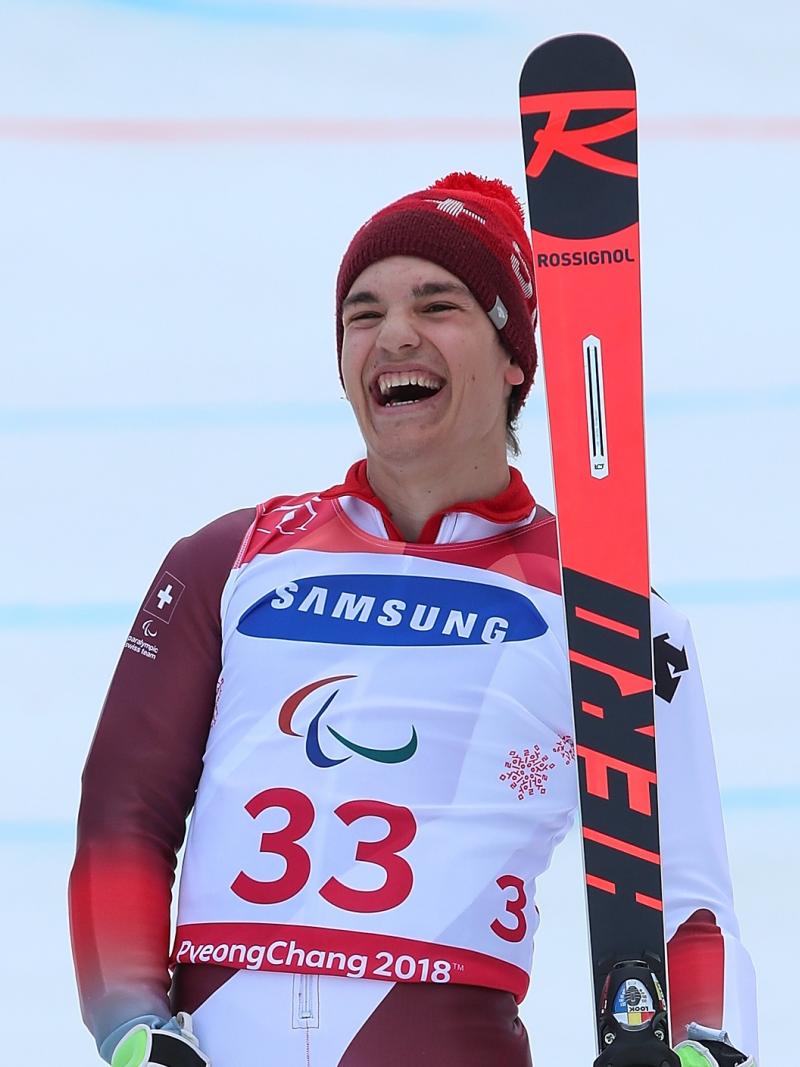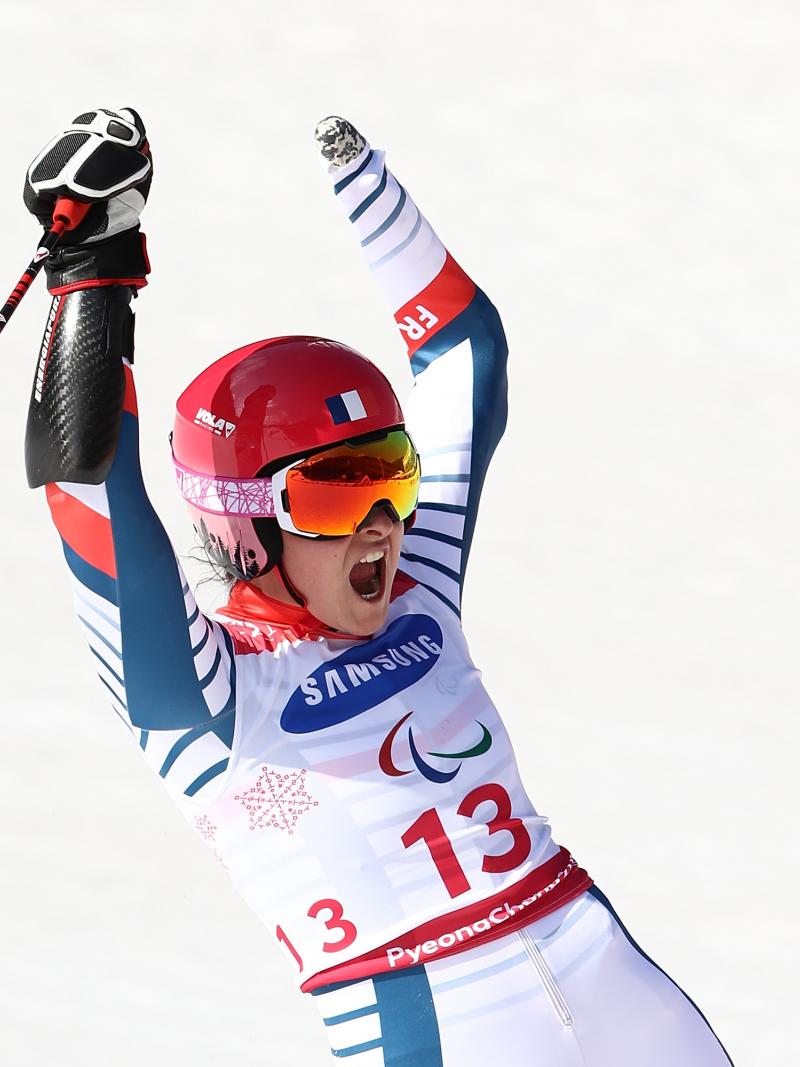Anna-Lena Forster and the power of positivity
Paralympic alpine champion focused on upcoming Worlds 09 Jan 2019“My family got me going again. That’s where the positivity came in. They told me I could do it and they cheered me up. They made me strong and got me believing. I began thinking: ‘You can do it’ ahead of the other events. I knew I’d trained well.”
Anna-Lena Forster knows all about mental strength. She spends her days – when she’s not skiing – studying for a psychology degree, although she reckons there’s “too much theory” involved to apply directly to her sport. It’s at the start gates, and while thundering down the runs, that she’s learned that the mind is just as important as the body when it comes to winning.
“I went to see a psychologist after the 2015 (IPC Alpine Skiing) World Championships,” the sit-skier says. “I was very sad about my results there – and I’d been very nervous at the start of the race. It helped a lot. I realised I needed to stay positive and trust my abilities.”
These lessons were applied just before what would be the German’s greatest career moments to date: two gold medals at the PyeongChang 2018 Paralympic Winter Games. “The Paralympics didn’t start well,” she says. “I crashed in the downhill and then in the super-G I finished fourth. That was not the plan. It affected my confidence and I was very stressed. Others had medals, and I’d lost. But then I spoke to family and friends, and they were a big influence.
“My family got me going again. That’s where the positivity came in. They told me I could do it and they cheered me up. They made me strong and got me believing. I began thinking: ‘You can do it’ ahead of the other events. I knew I’d trained well.”
So it proved. A more relaxed Anna-Lena won the super combined (“I thought I had a chance for a medal, but it was crazy that it was the gold”), and was then “easy going” as she went into the slalom, where she collected a second gold (“very cool”).
Reaping the rewards
The top of the podium has been a long time coming for Anna-Lena, who was born with a congenital limb deficiency. She had notched bronze and two silvers at the Sochi 2014 Games, and decided to completely overhaul her approach after missing out on the top spot.
“I worked on everything and improved a lot,” she says. “I changed my mono ski and seat, and I became a better skier. Importantly, I didn’t study for the season before PyeongChang, so my whole focus was on the Games. I had no distractions, so I gave myself the best chance.”
She’s now out to prove that her triumphs were no fluke. “I’d love to be on top of the world again at the world championships (January’s World Para Alpine Skiing Championships, in Sella Nevea, Italy and Kranjska Gora, Slovenia) in slalom or super combined, to show that I can win gold more than just once, and prove a point,” she says. “Training is going well and over the next few years, I have a lot of goals. I need to make my giant slalom skills better. My category is getting stronger all the time, and I like it that there are great opponents. It makes the racing more exciting.”
Things have calmed down since a wild 2018. “I was overwhelmed for a while, I was famous for maybe two weeks in Germany,” she laughs. “I did so much TV and it was cool, but it didn’t last long. Now I’m focusing on skiing. All I do is train, study and sleep.”
The positive mental attitude will be continuing, however. “I’m very interested in psychology, maybe it’s something for when I finish racing,” she says. “For now I like to just surround myself with people who give out good vibes.”






